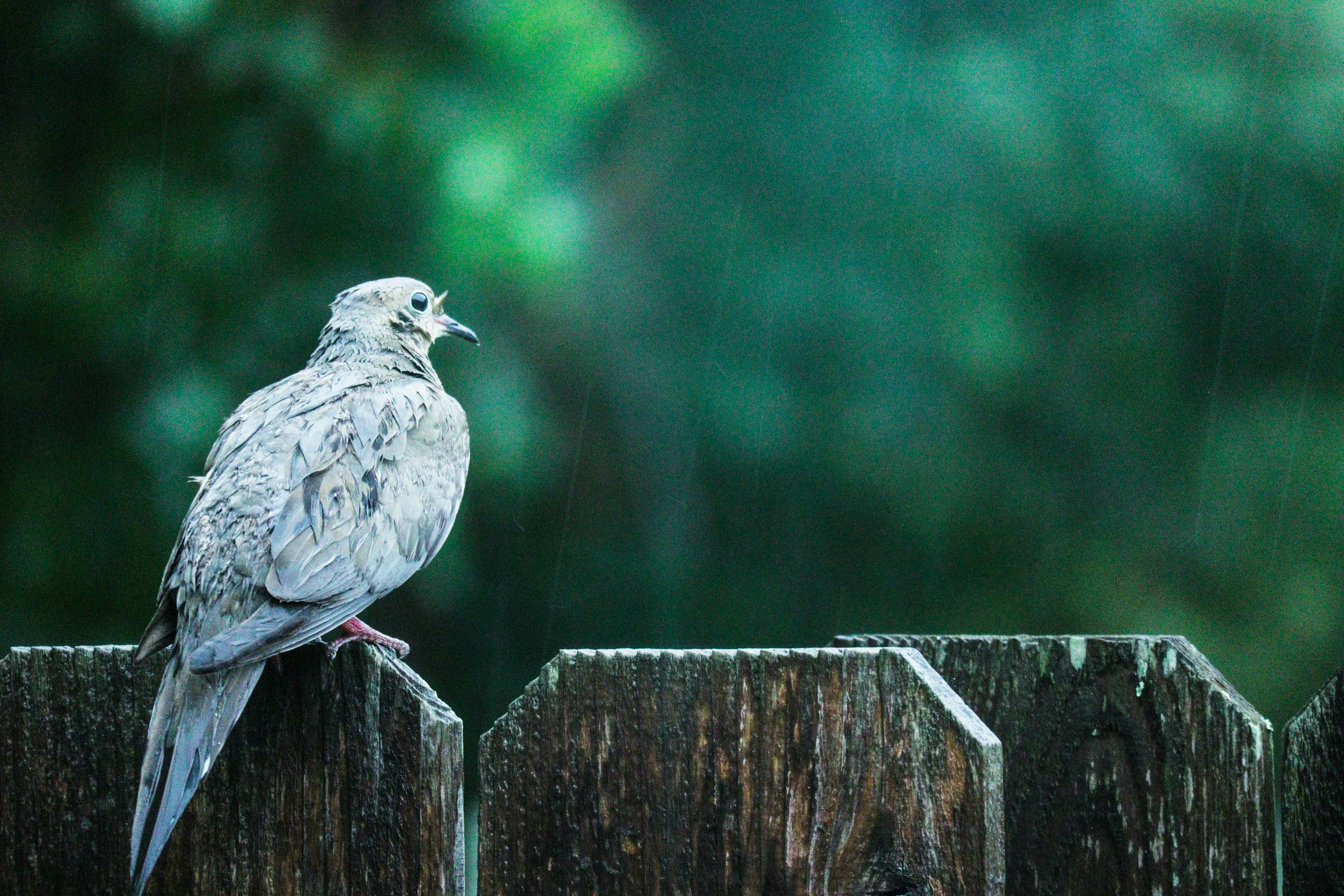They Cut the Forest for Cows. What Happened Next Stunned Scientists

The silent forests of Colombia are growing quieter, and it's not just the chainsaws.
A groundbreaking new study led by researchers at the University of Cambridge has found that clearing rainforests for cattle grazing is causing far more ecological damage than previously thought. In fact, the conversion of tropical forest into pastureland leads to a 60 percent greater decline in bird biodiversity than earlier estimates suggested.
This is the largest and most comprehensive survey of its kind ever conducted in the Neotropics, and its findings are a stark wake-up call. It paints a grim picture of how industrial-scale meat production is gutting tropical ecosystems, even in areas where deforestation appears to be “moderate.”
The team analyzed data from over 48,000 individual birds across more than 1,200 sites in the Colombian Andes, an area renowned for its extraordinary biodiversity, including hundreds of endemic and threatened bird species. The results were clear: land converted to pasture loses not just species, but vital evolutionary diversity, a blow to the genetic richness that helps ecosystems adapt to change.
"These birds aren’t just pretty to look at, they’re pollinators, pest controllers, seed spreaders. Their loss unravels the web of life the rainforest depends on," said Dr. Oscar Laverde-R., co-author of the study.
Importantly, the researchers found that even secondary forests, which are forests that regrow after initial clearing, cannot fully restore the lost biodiversity. While these regenerating areas did offer more shelter for wildlife than pasture, they still failed to bring back key species, particularly those with narrow ranges or specific ecological roles.
This means that current conservation policies may be dangerously optimistic if they rely on forest regeneration alone.
The culprit? Global demand for beef and dairy, which is pushing deforestation into some of the most biologically rich habitats on Earth. Colombia, one of the most megadiverse countries in the world, is now on the frontlines of a crisis with global implications.
The study’s authors warn that unless land-use policies shift dramatically, the damage will extend beyond birds, impacting entire ecosystems and the human communities that depend on them.
The findings highlight a sobering truth: deforestation isn’t just about trees, it’s about everything that lives in and around them.
"Conservation isn’t just about planting trees or saving one species,” said lead researcher Dr. Joe Taylor. “It’s about rethinking how we use land, how we produce food, and how we value nature."